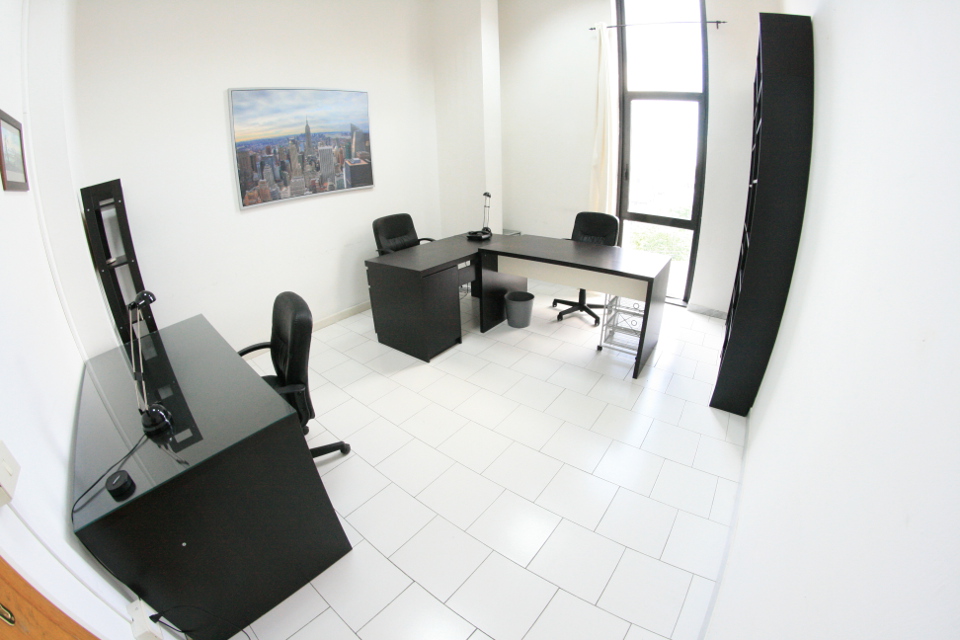Set up a business in Italy
Set up a business in Italy: Italian economy

Set up a business in Italy
The economy of Italy is the 3rd-largest national economy in the eurozone, the 8th-largest by nominal GDP in the world, and the 12th-largest by GDP. The country is a founding member of the European Union, the Eurozone, the OECD, the G7 and the G20. Italy is the eighth largest exporter in the world with $514 billion exported in 2016. Its closest trade ties are with the other countries of the European Union, with whom it conducts about 59% of its total trade. The largest trading partners, in order of market share, are Germany (12.6%), France (11.1%), United States (6.8%), Switzerland (5.7%), United Kingdom (4.7%), and Spain (4.4%).
Italian economy has propensity toward entrepreneurship, seen in the very high number of small and medium-sized businesses: 98% of the over 4 million companies employ fewer than 19 persons (the average is 4 employees per company).
Italy’s economic virtue is, therefore, in the processing and the manufacturing of goods, mostly in small and medium-sized firms. The boot-shaped nation has been rather less successful in terms of producing world class multinational corporations.
The most developed sectors of Italian industry include the manufacturing, mechanical, construction sectors, chemicals, and the transport industry. A significant contribution to national wealth is generated by products made in Italy.
Advantages to setting up a business in Italy
The geographical position of Italy, at the centre of the Mediterranean and the infrastructural links with the countries of Europe, allows it to form a crossroads for international trade, a natural bridge between Europe and Africa.
Italy, particularly the prosperous north, has one of the highest per capita incomes in Europe. Italian consumers are sophisticated and demanding, particularly in terms of quality. Traditional, high-quality British consumer goods often do very well, and designer items or recognised fashion brands are also very popular. British technology, equipment and components have a good reputation, and innovative high-quality products are always of interest.
Visa
Non-EU investors need to have a long-term permit to stay, which must be requested from the Italian consulate of the country where the investor lives, by applying for a full visa, preferably a self-employment visa. The procedure to obtain this visa is tricky and the paperwork required varies depending on whether the person intends to be self-employed or to set up a company and hold an executive position. With a few exceptions, self-employment visa applications are subject to the same quota limits established by the Decreto Flussi for subordinate work visas. The application for a self-employment visa can take several months.
Italia Startup Visa is a program to incentivize innovative entrepreneurs from all over the world to start up their business in Italy. Italia Startup Visa means leaner and faster procedures to facilitate the entry visa approval for autonomous work for extra-EU citizens who want to establish an innovative startup in Italy. Any extra-EU citizen who has a good business idea, whatever age or background can apply.
Links:
http://italiastartupvisa.mise.gov.it/
http://www.esteri.it/mae/visti/linee%20guida%20italia%20startup%20visa%20en.pdf
Essentials about setting up a business in Italy
Foreign investors must be aware of the applicable EU Laws. Foreign investors are free to adopt any form of business investment in Italy, and may acquire a stake in or take control of a company which has already been set up.
There are several ways of doing business in Italy, the most common being through the setup of a limited liability company (locally known as a SRL). Alternatively, foreign companies can also setup a branch office in Italy, or a representative office when they do not plan to conduct any productive or commercial operations from within the country.
Business entities to set up a business in Italy
If you want to charter a company without being personally liable for the risks related to the investment and business, you can choose from a Società a Responsabilità Limitata, also known as an S.R.L. (similar to an American LLC) or a Società per Azioni, or S.p.A. (similar to a Corporation).
The choice depends on the capital you are prepared to invest, the tax status and organizational form you are seeking. While a S.R.L. is best for shareholders wishing to personally maintain control of the management and who are not interested in going public, a S.P.A. works better for bigger investments and a larger number of investors, where management can be entrusted to a professional who is not a member of the company.
The advantage of both these forms is that if the corporation goes bankrupt the shareholders will only lose the money they paid for their shares, even if debts to commercial creditors remain unpaid.
A company may also be formed by just one person, either as a share company or a limited liability company. Another interesting form of the S.R.L., recently introduced in Italy is the “S.R.L. semplificata”, which is a limited liability company formed with limited capital (from one euro to less than 10,000 euro), with no incorporation taxes, less red tape and paperwork, zero notary fees, etc.).
Limited Liability Company (SRL)
It is possible to setup an Italian limited liability company with one shareholder, contributing a minimum paid-up capital of €1 and one director, who does not need to be EU citizen or resident to complete the process. Each year, the entity will be also required to submit a tax return to the Italy Revenue Agency and financial statements. Audit is not required if the company meets two of the three following criteria: turnover below 8.8 million, assets below 4.4 million and less than 50 employees. SRL is commonly used to setup in Italy.
Publicly-Limited Company (SpA)
Setup of a public limited company in Italy requires a minimum paid-up capital of €50,000 and the appointment of one director and one auditor. Only the auditor is required to be resident in Italy. It is also customary (but not legally required) to appoint a Board of Administrators, to ensure the director is acting in the best interest of the shareholders.
Branch Office (Succursale)
Foreign companies willing to do business in Italy can register a branch of their entity in Italy, instead of setting up a local subsidiary. Such branch office will have an independent management team, including at least one country representative who must be ordinarily residing in Italy and (if necessary) a corporate bank account based in Italy.
Representative Office (Ufficio di Rappresentanza)
Representative offices are only legally allowed to engage in market research and promotion of the business of their foreign head office.
Ditta Individuale, Snc Sas
Alternatively, if you are not interested in being protected by the “corporate veil”, you can choose a far simpler (and in many ways cheaper) business model, the società di persone. The easier form of unlimited liability company is the ditta individuale (sole proprietorship), when there is only one investor and he/she is the only owner of the business. If two or more persons decide to set up a business together, the most common business structures are the Società in Nome Collettivo (S.n.c., similar to a General Partnership) and Società in Accomandita Semplice (S.a.s, similar to a Limited Partnership). In both cases, the partners have direct management control. They share the right to use the property, share profits and have joint and several debt liability. The main difference between these two types of partnerships is that in the S.A.S. at least one of the partners does not play a management role (he/she is merely a financial investor) and, in return, he/she enjoys limited liability for the debts and obligations (limited to his/her original investment).
Freelance
If you work from home or in a shared workspace and your business costs are minimal, you can work in Italy as a lavoratore autonomo or libero professionista. All you need to do to start working is apply for a Partita Iva at the Agenzia delle Entrate (Revenue Office) and enroll for social security administration at INPS under the Gestione Separata category. In this case, the taxation and other administrative costs related to your profession are limited, and therefore the management of a freelance activity is more convenient than working as one of the aforementioned business structures.
Keywords: Set up a business in Italy, company formation, Opening a business in Italy, Italy Company Formation, starting a business in Italy, start a new company in Italy, or expand your business in Italy, Set up a business in Italy, Business in Italy, Company registration, Setting up a company, Opening a Branch In Italy, Start Your Business, register a company, Set up a business in Italy.
Links: affittonapoli.info – affittoufficio.eu – andreaamodio.com – centroufficinapoli.com – centroufficinapoli.it – coworking.company – il-faro.com – incubatorestartup.com – italycenter.it – retecaf.com – segretariaonline.net – servicedoffices.it – studioamodio.net – uffici-arredati.net – ufficiarredati24.com – ufficiarredati24.it. Facebook links: Centro Il Faro, Startup Napoli, Coworking Napoli, Uffici Arredati, Sale Riunioni, Incubatore di Imprese Napoli, Centro Il Faro.



0 Comments